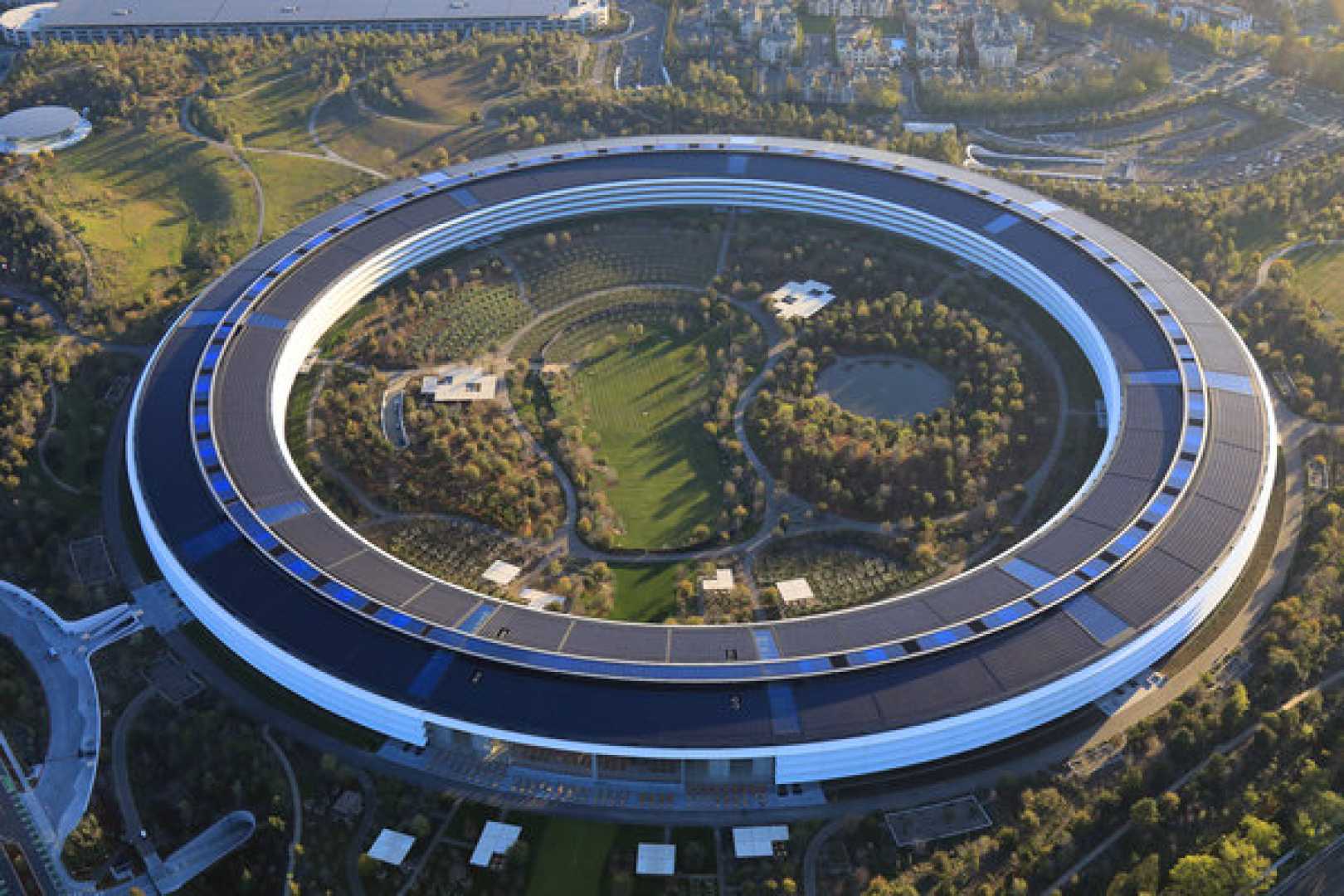Business
Apple Faces Colossal Tariffs, Global Trade War Threatens Supply Chain Stability

CUPERTINO, Calif. — Apple Inc. is facing a renewed threat from a global trade war as President Donald Trump announced sweeping tariffs on imported goods, including those critical to the tech giant’s supply chain. This decision, effective April 2, has resulted in a staggering loss of over $640 billion in Apple’s market value within just five days.
Dan Ives, managing director at Wedbush Securities, described the move as “the most head-scratching, absurd policy shift we’ve seen in years,” highlighting that “Apple is in the eye of the storm.” CNBC technology reporter Kif Leswing emphasized the gravity of the situation, stating that even efforts by Apple to diversify its production are being undermined by tariffs affecting nearly all countries involved in their supply chain.
Despite a brief stock rebound due to reduced tariffs on select nations, uncertainty prevails. Apple still assembles 90% of its iPhones in China, predominantly through its partnership with Foxconn, which handles 80% of iPads and more than half of all Mac computers. The reliance on China raises alarms, especially with ongoing tariffs that could reach as high as 46% in countries like India and Vietnam, which were seen as alternatives in Apple’s post-COVID diversification strategy.
“They’ve been making iPhones in India, assembling Macs in Malaysia, sourcing from Vietnam, but those countries are now seeing tariffs too, putting Apple in a really tough spot,” Leswing noted.
The administration’s approach aims to incentivize production within the United States, but moving high-tech manufacturing away from China presents significant challenges. “If you want an iPhone made in the U.S. and priced at $3,500, we should make it here. If you want it for $1,000, you keep it in China,” Ives stated.
The current starting price of the iPhone 16 Pro Max is $1,199, but analysts from UBS predict that new tariffs could increase retail prices by as much as $350. Morgan Stanley‘s Erik Woodring estimates that Apple may have to raise prices across its product range by 17% to 18% to absorb heightened costs.
Despite efforts to start device production in India and Vietnam, Apple’s dependency on China’s infrastructure and skilled labor remains a major concern. Ives remarked that shifting even 10% of Apple’s supply chain to the U.S. would take decades.
While the turmoil has created anxiety for investors, Apple has chosen to remain silent, declining to comment on the tariffs and lack of updated guidance for suppliers or shareholders. This contrasts sharply with the 2019 incident where CEO Tim Cook successfully lobbied for exemptions from tariffs on iPhones. As of now, no such exemptions have been granted.
“It’s kind of a cipher right now, what Tim Cook is cooking up in Cupertino,” Leswing said, noting the lack of communication from Apple.
Reports indicate that Apple has been modeling various tariff scenarios and even chartered at least five planes in late March to build inventory before tariffs took effect. However, analysts warn that Apple’s options are limited in the immediate future. While the company is expected to delay any price hikes until the next product launch cycle, likely with the iPhone 17, persistent tariffs could greatly impact demand as the smartphone market cools.
Apple also faces increased scrutiny regarding the rollout of artificial intelligence features and its hardware innovation pace. As the threat of escalating tariffs hangs, stakeholders are concerned that the situation could push the U.S. economy into a self-inflicted recession, according to Ives.
Investors are closely watching for any signs of strategic shifts or responses from Apple leadership, as the company continues to bear the brunt of the trade war. “Apple is the poster child for the trade war, and right now, they’re not saying much at all,” Leswing concluded.












